Who Are We?
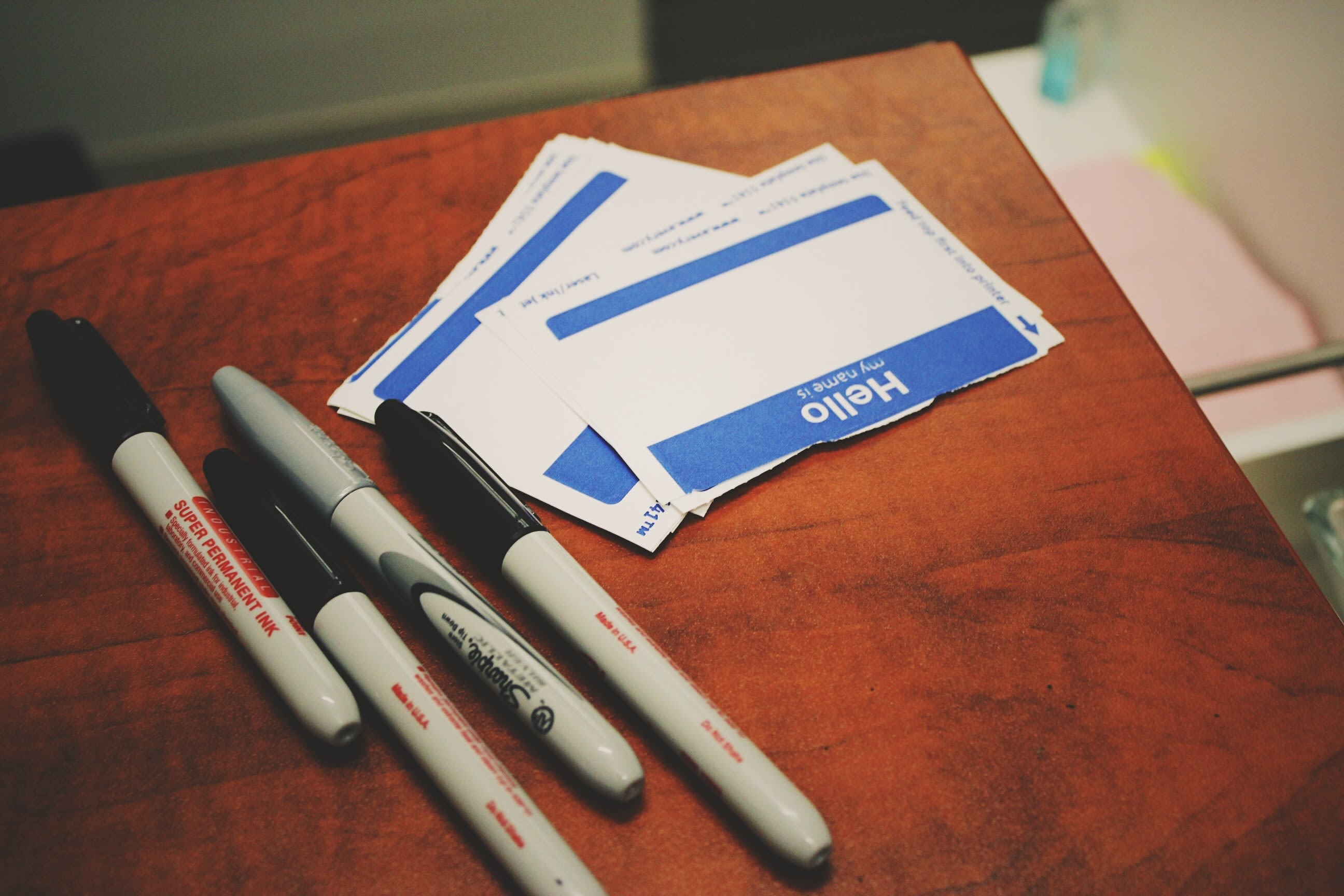
"Hold on to who you were born to be instead of contorting yourself into who they told you to be. Stay true to yourself instead of abandoning yourself"
—Glennon Doyle
Who are we?
The answer to this question shapes our destiny and how we behave, react, and respond to numerous situations and events. Our beliefs control how we think we must act and interact with others. Usually, these beliefs are universal and dictate how we present ourselves and treat others. The beliefs and labels we give ourselves are the most critical of all. What we do is based on these beliefs that we have adapted, adopted, interpreted, and downloaded as truth.
As survivors, we create a false self to comprehend and understand the traumatic event(s). As we accept these labels, we begin to act upon them based on our interpretation of society's ideations. "One of our strongest needs within our personality is to make certain that our behavior is consistent with our identity even if the identity we hold for ourselves is negative" (Tony Robbins).
The Russian fable of The Scorpion and The Frog demonstrates how people play out what they think is expected of them based on the labels they were given or adopted, even when it is not in their interest. The scorpion asks the frog to let him ride on the frog's back to get to the other side of the lake. The frog hesitates and says that he fears the scorpion will sting him. The scorpion assures the frog that he will not. The scorpion gets on the frog's back and stings the frog halfway across the lake. The frog asks, “Why? And the scorpion replies, "That is what scorpions do."
Why do humans do this?
Nathan Webber, a Survivor Ally, stated, "We are constantly shifting between labels and expectations due to the situation and people we are around. We take on different personas when we are with our parents, friends, or at work because of the need to be accepted and to fit in. For instance, at work, I take on the role of leader and can appear confident and speak up, but in a performing social situation, I take on the label of 'the help' or 'second string,' a role I have programmed myself so I would not have to be in front of the audience. This self-labeling is a mindset we think we must present to feel a part of something. It becomes confusing when we are around different groups of people and constantly switching labels; we can appear phony."
Jack Hopkins tweeted, “I was abused, sexually, by three different people between ages of 8 & 11… The thing that fucked me up, was constantly hearing adults, and people on TV, talking about how ‘when kids are molested, it destroys their lives. They are never the same again!’ I heard that enough, that I eventually started behaving and feeling like I thought I was supposed to."

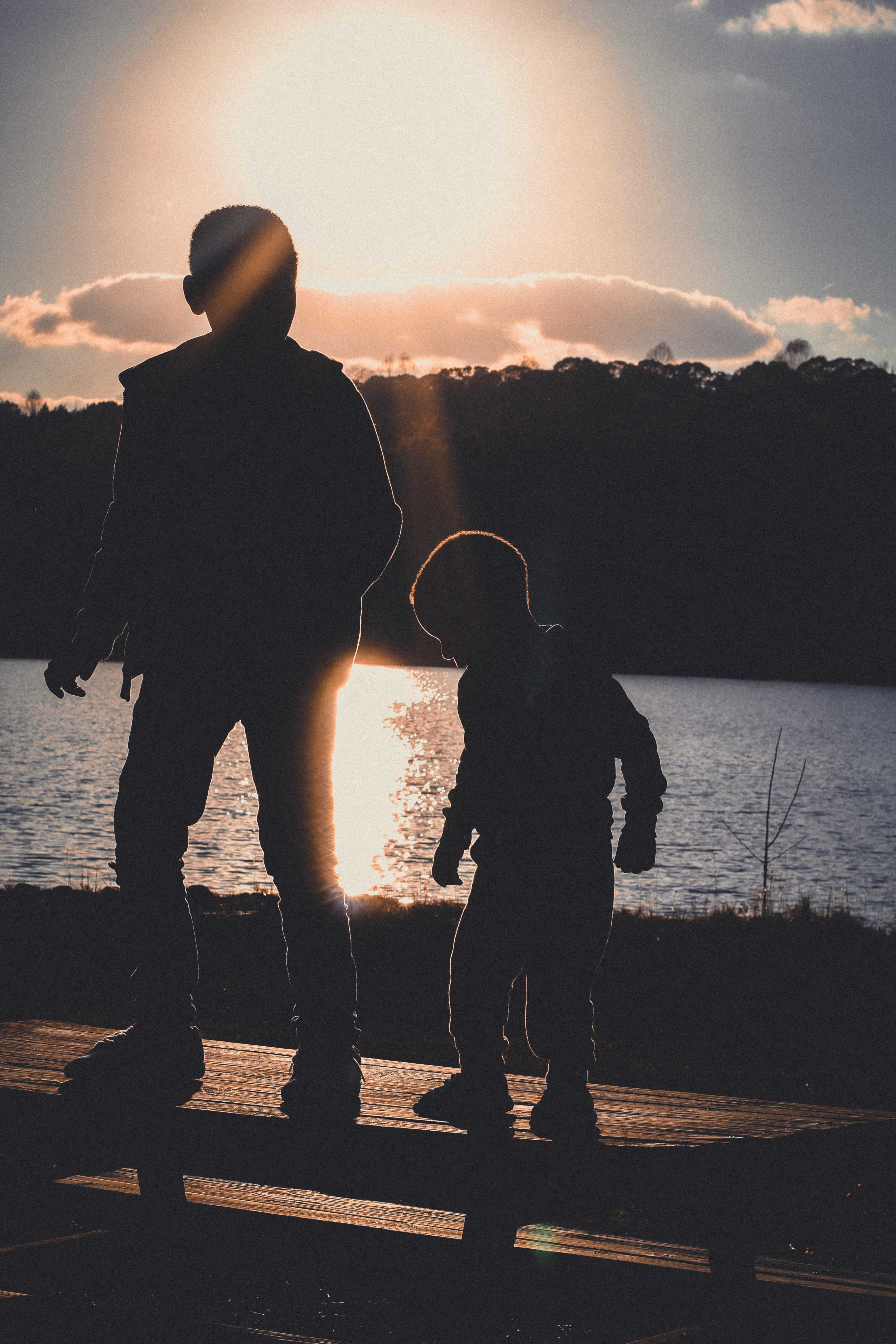
Photo by Janay Peters on Unsplash
Photo by Janay Peters on Unsplash
Labels can be messy.
When we believe we are a label that we have been ascribed or adapted for ourselves can create a limitation to what we can achieve. Life becomes stressful when we try to live based on labels, not our authentic selves. Labels take over; someone is either something or they are not, causing our brain to make irrational shortcuts.
Being human is complex, and we fool ourselves if we think it is not. Somewhere along the childhood journey, we start to adapt, adopt, interpret, and download ideas we have collected from the adults in our lives, friends, environment, and society. And it is these ideas that we reconfigure and allow to become truths in our conscious and subconscious. It is how we interpret these ideologies that make each of us unique. But, are these beliefs ours', or just borrowed from others that may not be suitable for us? Could these adaptations be a way for us to feel that we belong and are a part of something? Belongingness, love for relationships and friends, and being a group member are in the third tier of Maslow's Hierarchy of Needs, which leads to the fourth need, Esteem. Children do not move to the next level until they master the previous level. Are societal stigmas and rules creating individuality or forcing us into cages to meet expectations? Are these expectations forms of grooming?
When did I start to lose my individuality?
Reflecting on my childhood, I remember distinct moments when I felt free and alive. Living in a suburban plat, I expressed myself by playing Barbies with the neighbor girls, kickball with the neighbor boys, and dressing up in my father's soft cotton t-shirt cinched at the waist with a leather belt. I believed this was my superhero outfit—that I had secret superpowers that were waiting to be revealed. I didn't second guess my interests and gleefully bounded around. My older brother was the complete opposite. He hated anything girly, never played Barbies, or wore anything resembling a dress. He would hide under the bridge and scare the little girls by pretending to be a troll. My brother and I only had one thing in common, our buzzed haircuts, although his hair was dark, and I was a towhead.
How could two boys be raised in the same environment and be so different?
One day my parents asked me, "Do you want to be a boy or a girl?" Without much thought, I responded, "I like how I am." I turned so my Romanesque tunic would billow and skipped out to play hopscotch or tag football. As I pushed open the screen door, I discovered their question confused my developing mind. I worried that I was doing something wrong. Ever since then, I could not stop the notion of being different from entering my mind; I started noticing how unique I was. Fear replaced my confidence. I decided I did not want to be different and began the mission to simulate and belong.
Other indications were that I did not fit the mold that the immediate society surrounding me expected from a boy. I was highly spiritual and loved going to church. I wanted to sing out loud like my beautiful Aunt Kathy. The more I sang out, the prouder she and my mother were. As we would leave the church, the priest praised my enthusiasm.
I was also highly empathic and would cry if any insect, animal, or person was hurt or killed. I didn't understand this gift of taking on others' problems and feeling them as my own. The influential people around me could have provided more insight. Dad would say, "You are just like your mother; you cry at the drop of a hat. Real men don't cry."
What is a real man?
I remember being so excited to watch a television version of Jesus's life. I recalled hearing in church how Jesus was different by loving everyone, spending time with 'sinful' people, healing the sick, raising the dead, walking on water, and forgiving those that did him wrong. I was intrigued, felt this connection, and vowed to be just like Jesus.
Before Jesus' life aired, I eagerly prepared my space on the floor by arranging blankets and pillows. I don't remember much of the telecast because I fell into a deep sleep. During this sleep, I dreamt that I was Jesus and felt the pain of the crucifixion. Later, when Mom retold the story, I learned I was so deep into the dream that my father had to slap my face to wake me. When I shared my story that I dreamt I was Jesus, Dad quickly informed me that it was sinful to think that way and said, "You're just too sensitive. You need to toughen up."
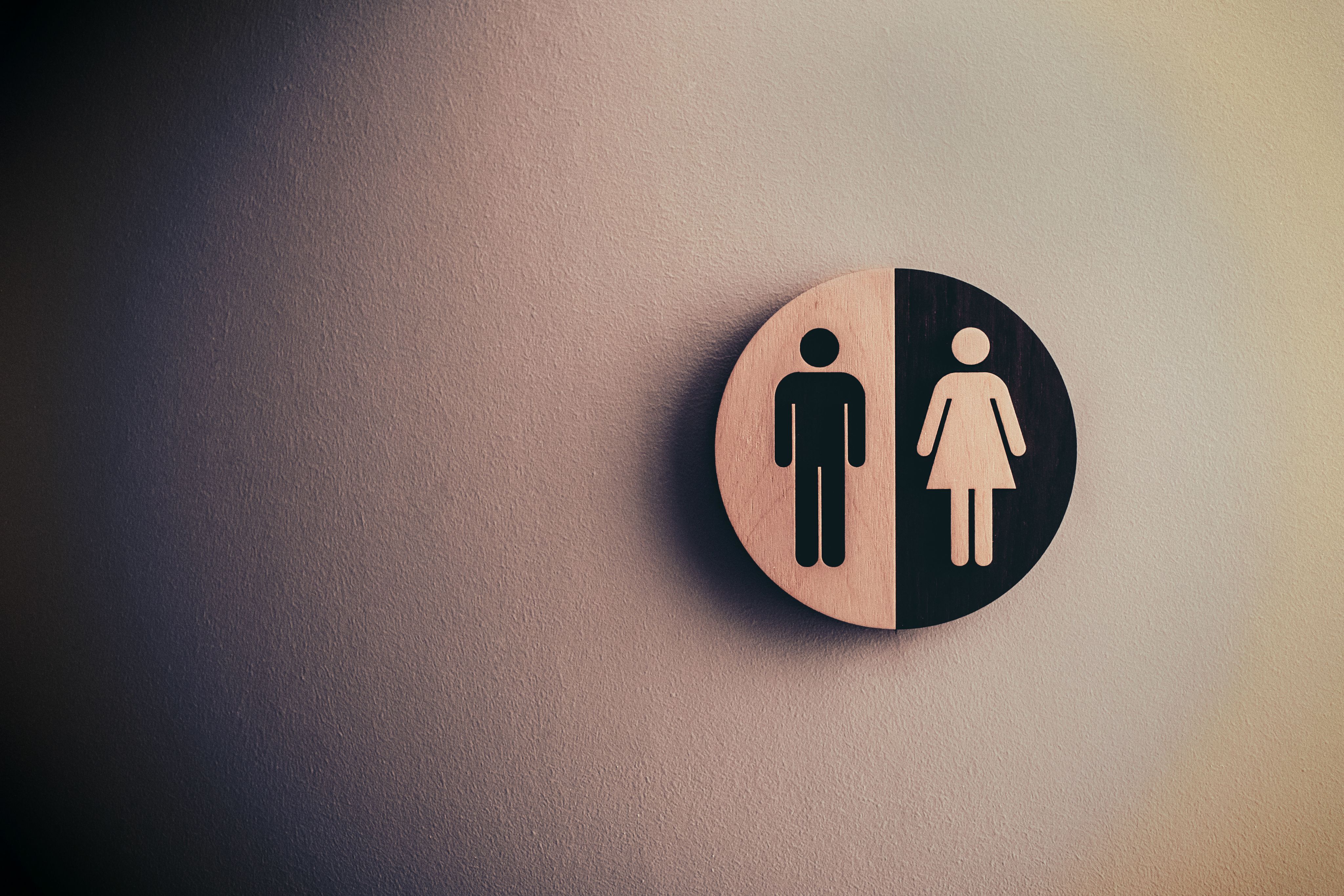

Photo by Alex Gorin on Unsplash
Photo by Alex Gorin on Unsplash
What did that mean? Was that good or bad?
Living in this euphoric suburban neighborhood was interrupted when my father purchased an old farm in a rural community. Once we moved, he told me I would no longer play with Barbies, dress in his t-shirts, or sing and dance. Bewildered, I wondered if my individuality forced us to move. I began to believe it was my fault because I failed to achieve the mission to blend in and be normal like others.
On the farm, things changed. People stopped visiting except a couple of Dad's friends, and we became isolated. Dad explained, "I don't want us to air our dirty laundry so others can judge us." Was he embarrassed with me? Was I the 'dirty laundry?'
Was this shame I felt? And why are we ashamed?
I internalized these questions, and they started affecting my inner self. I was no longer brave or confident; I marred myself with this self-inflicted guilt that I was the reason for all these changes. Isolation and separation crept in because people felt it was too far to visit, and family members ceased communicating. Did I fail my father by being so different? And yet, I could not change. I found places where I could secretly sing, dance, play Barbies, develop stories, and try to hold on to what remained of my uniqueness. My new mission was to appear 'normal' and secretly hold on to my individuality. My sensitivity became overloaded, and I began to experience anxiety because I believed moving to the farm was my fault.
My older brother's never-ending teasing added to my growing anxiety. He constantly pointed out that I looked different from everyone else in our immediate family because I had blond hair, which could only mean I was not an actual family member. When we were alone, he theorized I must be from outer space, adopted, or the milkman-truckdriver-carnie's son. Whenever we would go to the county fair, he would point out men that Mom talked to and say, "Maybe that's your real dad."
In her book, Untamed, Glennon Doyle shares, "Ten is when we learn how to be good girls and real boys. Ten is when children begin to hide who they are to become what [they interpret] the world expects them to be. Right around ten is when we begin to internalize our formal training.” But if our childhood development was interrupted by abuse of any kind, and we are told that this was the only thing we were meant to be, we begin infiltrating these ideals of not being good enough, or we caused this to happen, into our mind and begin portraying what we think this means. We were children, trying to understand adult ideology.
How much of the world surrounding me was influencing how I saw myself?
How much was I adapting, adopting, interpreting, programming, and downloading as who I thought I was supposed to be or how I thought others saw me? How much of my inner truth was diminished or hidden by the ideas I inherited or overheard? How much of how I walked, talked, thought, and behaved were fragments of how others trained me? How much of me was authentically me, and how much was a facade so I could feel like I belonged?
Merle Yost describes "self" in two specific ways, the Public Self and Root Self. "The Public Self is initiated at birth, influenced by the world around us, and develops the ego. Each experience changes our Public Self in big and small ways as we continue to develop and change throughout our lives" (Facing the Truth of Your Life). The Root Self is "beyond the personality and is core to the energy that we brought into the world. Some describe it as the soul, or Gaia consciousness, the part of us that existed before we were born and continues on after our bodies die." Is the Root Self our true self?
Was I developing two different personalities or selves?
While living at the farmhouse, I felt a great divide inside myself. We eventually stopped going to church. Friends stopped visiting. My indoctrination into the meaning of what a 'real man' had begun, and my individuality took a back seat. At 12 years old, I remember going to the local pool, began diving, and discovered the magic of an outdoor theatre that opened next door. I would sneak off and watch rehearsals until Dad found me. He escorted me to the car, guided me into the backseat, and slammed the door. He went to the driver's side and shouted through the window, "Stay away from there; that is where the strange people are." He got into the car, and we quietly drove out of the parking lot.
What were strange people? Why was I forbidden to watch rehearsals?
I never really thought of people as being strange. But I started overhearing Dad and his friends' comments while they drank. They would slur their words and loudly say, "Did you hear about Ramona? She is now charging for "handies" behind Herspacher's Garage. Who would give that Jezabel two dollars? What she needs is a real man to train her right." "I'll drink to that. It's still better than those fruit flies that hang around that outdoor theatre by the pool." One pointed toward Dad and stated, "You better keep a tight leash on that boy of yours because he is too pretty, and those perverted sodomites would want to get their hands on him and make him squeal." Another joked, "He may like it." Then one leaned in closer to Dad and said, "You better watch out for those butt pirates; once they get ahold of him, they will turn him every way but loose. Then God will damn him to a fiery existence in hell because it's an abomination." Another added, "I can't stand how they prance, swish, and act all girly, singing and dancing. Real men would never mess with another dude. A real man would beat the shit out of those faggots."

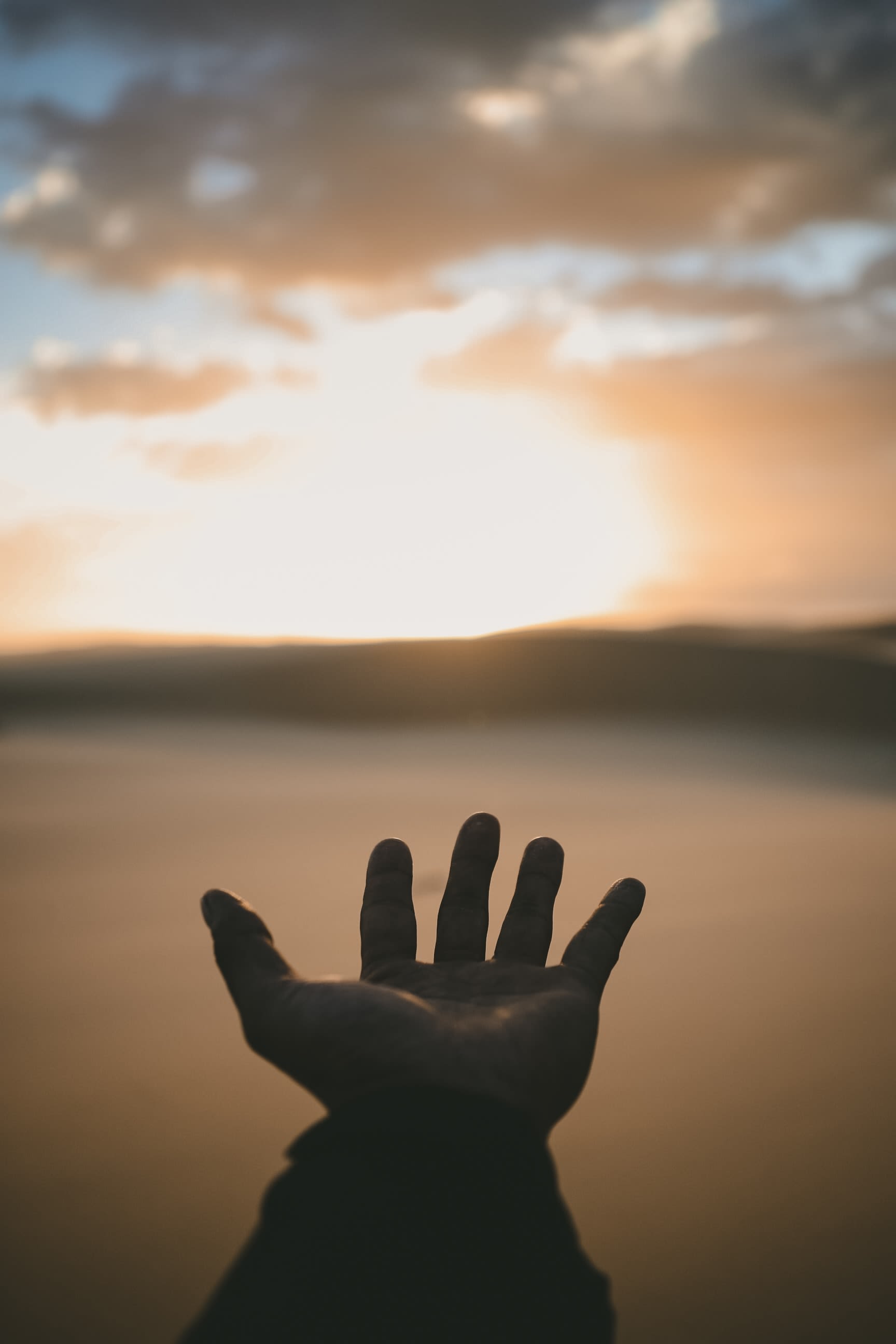
Photo by Billy Pasco on Unsplash
Photo by Billy Pasco on Unsplash
How many of these derogatory statements pierced through my brain cells and took residency in my memory bank?
Glennon Doyle stated, "Our men are caged, too. The parts they must hide to fit into those cages are the slices of their humanity that our culture has labeled feminine--traits like mercy, tenderness, softness, quietness, kindness, humility, uncertainty, empathy, and connection. We tell them, 'Don't be these things because these are feminine things to be. Be anything but feminine." For generations, the ideal image of being a real man has been passed down with various cultural influences. The iconic perfect man appears set in stone based on everyone's grooming, yet there is no concise and concrete law. And why is it so crucial for society to have clear-cut lines of femininity and masculinity? "Because disallowing the expression of these qualities is the way the status quo keeps its power," explained Doyle.
Although I heard what it was to be a man and how real men treat women, something in me resisted. Suppose I was born with the ability to be nurturing, kind, empathic, sensitive, loving, and helpful toward others. Why would people near me deter me from developing these gifts and encourage me to be different? My young mind faced a problem. I felt I had to choose; either I changed my views and who I was to belong to a tribe or remain steadfast in my convictions and alone.
For some strange reason, I recalled a bible story and understood the emotional turmoil I was experiencing. I understood how the unknown woman felt when she decided to go to the Pharisee Simon's house, follow her faith, and see Jesus. The unbelievable fear left her speechless, and her eyes filled with tears. The amount of courage it took the uninvited woman to enter the house, knowing she carried the discriminatory preconceptions of what she imagined others thought of her and the false beliefs she accepted, adapted, and learned for herself. She knelt and washed Jesus's feet with her tears, dried them with her hair, and anointed them with perfume.
My young mind struggled with how she had the strength and faith to remain steadfast in her authentic self and follow her intuition to meet Jesus. Why was she not influenced to be afraid of Simon and the others? Why did she not attempt to be like those around her? Maybe she tried and realized that was not her true self, which may have given her the inner power to enter Simon's house, uninvited.
Eckhart Toole said, "Identification with your mind creates an opaque screen of concepts, labels, images, words, judgments, and definitions that block all true relationships." The constant influx of outside notions and fragmented thoughts that we adapt, adopt, interpret, and download creates a barrier between our disillusioned and authentic selves." In the book Truth to Triumph, author Lily Sanders says, "Explore different ways of expressing yourself from the viewpoint of a naked, label-free, nameless soul...Never allow yourself to be identified with a name or a label. Truth cannot be named. You are not your social status, and you are not your bank account. You are not your family name...you are not your experience. Life is not defined by your experiences; rather, your experiences bring opportunities for you to get closer to your higher self."
In her book, Use It: Turn Setbacks into Success, Cheryl Hunter states, "Your thoughts are not your friends." Our thoughts are like an onion; as we peel each layer away, we face another layer of false beliefs we have created based on surrounding influences. Hunter states, "Ultimately, our very definition of who we are becomes enmeshed with and equivalent to our thoughts and the process of thinking," which echoes René Descartes' quote, "I think; therefore I am."
If I become what I think, why would I want to settle for anything less than the best images I can imagine? Why do some people from modest beginnings become leaders and millionaires, while others donned in entitlement can become homeless? Is it all luck? My dad used to say, "These are the cards God dealt you, so get used to it."
I just wanted to feel like I belonged and loved by the people around me.
The next step that complicated my mission to belong was my natural ability to dive, a sport that takes years to develop essential skills, let alone mastery. I leapt quickly into national competitions. I started diving at twelve, and by fourteen, I placed eighth in the Junior Olympics in Lincoln, Nebraska.
My father would have rather me be a mediocre football, basketball, or baseball player than a ballerina diver. I inadvertently continued to challenge my father's ideology of masculinity.
In his book, What To Say When You Talk To Yourself, Dr. Shad Helmstetter compares the human brain to a personal computer. "The brain simply believes what you tell it most. What you tell it about you, it will create." He stresses that this belief depends on the conditioning, the programming you receive from others, and the conditioning you subsequently accept and keep giving yourself. Glennon Doyle agrees, "We are like computers, and our beliefs are the software with which we're programmed. Often our beliefs are programmed into us without our knowledge by our culture, community, religion, and family. Even though we don't choose those subconscious programs, they run our lives. They control our decisions, perspectives, feelings, and interactions, so they determine our destiny. What we believe, we become. There is nothing more important than unearthing what we really believe to be true about ourselves and our world--and nothing unearths what we really believe faster than examining what pisses us off."
When did I subconsciously begin to hear, download, and accept the outside noise as truth and started repeating what I heard so that I believed it?
At first, my father, his friends, and my brother's comments seemed funny and harmless. Yet, my mind began taking on the responsibility that I must not be 'normal' and that I was the cause of the move to the farmhouse. I somehow opened myself up to hear and believe the comments, created a false truth, and started behaving to support these beliefs.
“We need to be very careful the labels you create for yourself, or you allow others to give you because they begin to define your experience, they begin to change what you notice about yourself, what you’re willing to try or not try, they define the way you live,” stated Tony Robbins.
Lily Sanders states, “And when you are living with a thought-based mentality, and you identify yourself with these thoughts, then the thoughts have the potential to control you” and “When you believe those illusory thoughts, it hides your truth.”
My world was filled with confused thoughts, who was I, and how was I supposed to act before my sexual trafficking began at fourteen. Now I added on other dimensions of guilt and shame, and my desire to be a “real man” was diminished into non-existence because I believed I allowed this to happen. Additional personas were added when I had to make sure the buyers were satisfied and would provide positive feedback. I remember that I started dividing up my life into labels: the son, brother, friend, student, diver, victim, survivor, and sinner.


Photo by Tim Mossholder on Unsplash
Photo by Tim Mossholder on Unsplash
Are we the labels we give ourselves?
Words like victim, survivor, and thriver carry profound implications based on the meaning we each attach to the terms and thus basically dictate how we behave. Someone who has experienced a sexually abusive event can easily be labeled as a victim from outside sources, like law enforcement, medical examiners, lawyers, and society. The Cambridge Dictionary defines a victim as "Someone or something that has been hurt, damaged, or killed or has suffered, either because of the actions of someone or something else, or because of illness or chance." According to SAKI (Sexual Assault Kit Initiative), the term victim typically refers to "someone who has recently experienced a sexual assault; additionally, this word is commonly used when discussing a crime or when referencing the criminal justice system."
As the person who experienced such trauma, the word victim never felt comfortable or desirable and prevented me from asking for help until it was inevitable. I never wanted to be considered a victim because I interpreted the word to represent shame, powerless, weakling, and unable to protect myself. As a male, I battled with the label of being male and felt I was not permitted to adopt the label victim, which I was taught was allocated for females. The term victim also brought on a whole new behavior: I was only willing to participate when needed when being interviewed by lawyers and therapists. The label victim allowed me to identify and behave how I thought a victim should act, like being diagnosed with an illness or disability, which allowed me the relief of temporarily belonging to a group of people who identified as victims. Many people who have experienced sexual abuse are reluctant to identify as victims because of the definition's limitations. There is a sense of continuing victimhood implied with the word.
So many have adapted to the word, survivor. Cambridge Dictionary defines a survivor as "a person who is able to continue living his or her life [or their] life successfully despite experiencing difficulties." SAKI refers to the term survivor as "an individual who is going or has gone through the recovery process; additionally, this word is used when discussing the short-and long-term effects of sexual violence."
I can see the hope interweaved with the word survivor, and I even adopted the term during my TEDxDayton Talk, "I am no longer a victim; I am a survivor." But since I declared this, I still struggle with the terms of victim and survivor because both transport me back to the moments of the abuse. And how I interpret survivor affects how I present myself. Some people still identify as victims, while others identify as survivors.
Recently, some people have adopted the term thriver, in which the Cambridge Dictionary describes as “to grow, develop, or be successful.” Thriver instills a sense of forward movement despite the implications of past experiences. Thriver is positive, but why do we need to create labels to feel a part of a community?
Are we limiting our potential by believing the labels others put on us and those we adapt, adopt, interpret, and download for ourselves?
Humans are programmed to identify themselves with labels, affecting our behavior. Tony Robbins said, "One of our strongest needs within our personality is to make certain that our behavior is consistent with our identity even if the identity we hold for ourselves is negative."
Henry David Thoreau once said, "In the long run, men only hit what they aim at. Therefore, they had better aim at something high." Adapting, adopting, interpreting, and downloading labels will constantly preoccupy our conscious mind with how we think we must behave and act, deflect from our true selves, and prevent us from figuring out our genuine passion and purpose in this life. Be aware of the labels you invest in and take time to figure out who you are and believe you can become that person. Release the limitations of labels and the engagement in identity, soar freely, and see your true self emerge.
"Beliefs have the power to create and the power to destroy. Human beings have the awesome ability to take any experience of their lives and create a meaning that disempowers them or one that can literally save their lives."
— Tony Robbins.
REFERENCES
Doyle, G. (2020). Untamed. The Dial Press.
Helmstetter, S. (2017). What To Say When You Talk To Yourself: Powerful New Techniques to Program Your Potential for Success! Gallery Books.
Hunter, C. (2012). Use It: Turn Setbacks into Success. Venator.
Sanders, L. (2017). Truth to Triumph: A Spiritual Guide to Finding Your Truth. ABL Publishing.
SAKI (Sexual Assault Kit Initiative): Victim or Survivor: Terminology from Investigation Through Prosecution (sakitta.org)
Toole, E. (2004). The Power of Now: A Guide to Spiritual Enlightenment. Namaste Publishing & New World Library.
Yost, M.J. (2018). Facing The Truth of Your Life. Facebook Group.
TEDxDayton Talk, “An Athlete’s Silence.” John-Michael Lander. (140) An Athlete's Silence | John-Michael Lander | TEDxDayton - YouTube

About the Author:
John-Michael Lander is a Survivor, Advocate & Public Speaker
He is also the founder of An Athlete's Silence: www.anathletessilence.com
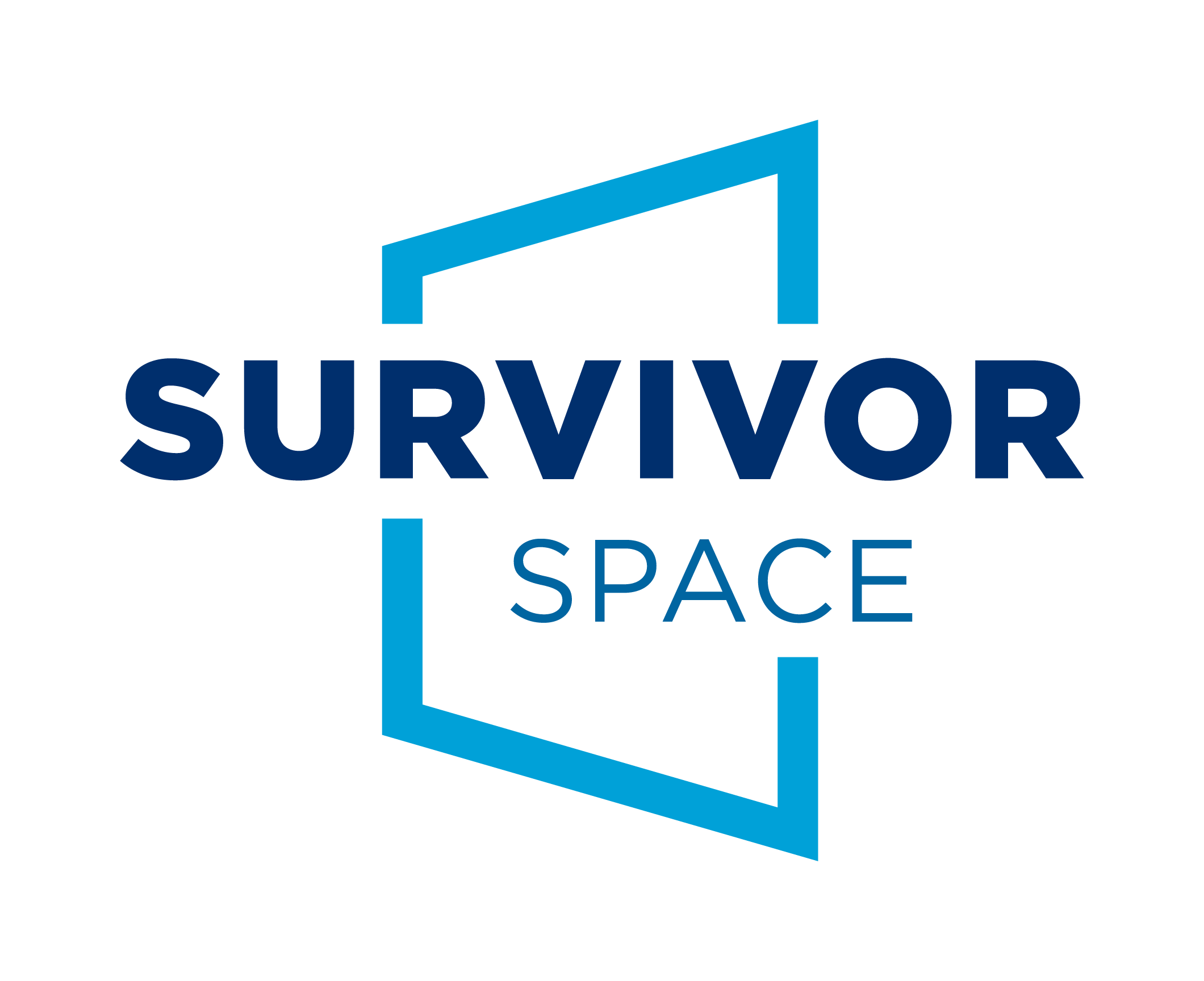
Published by SurvivorSpace, an initiative of Zero Abuse Project
